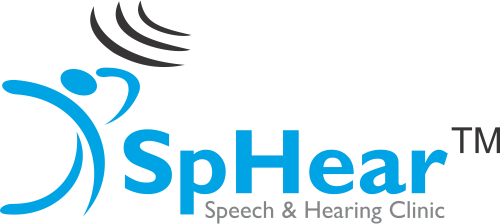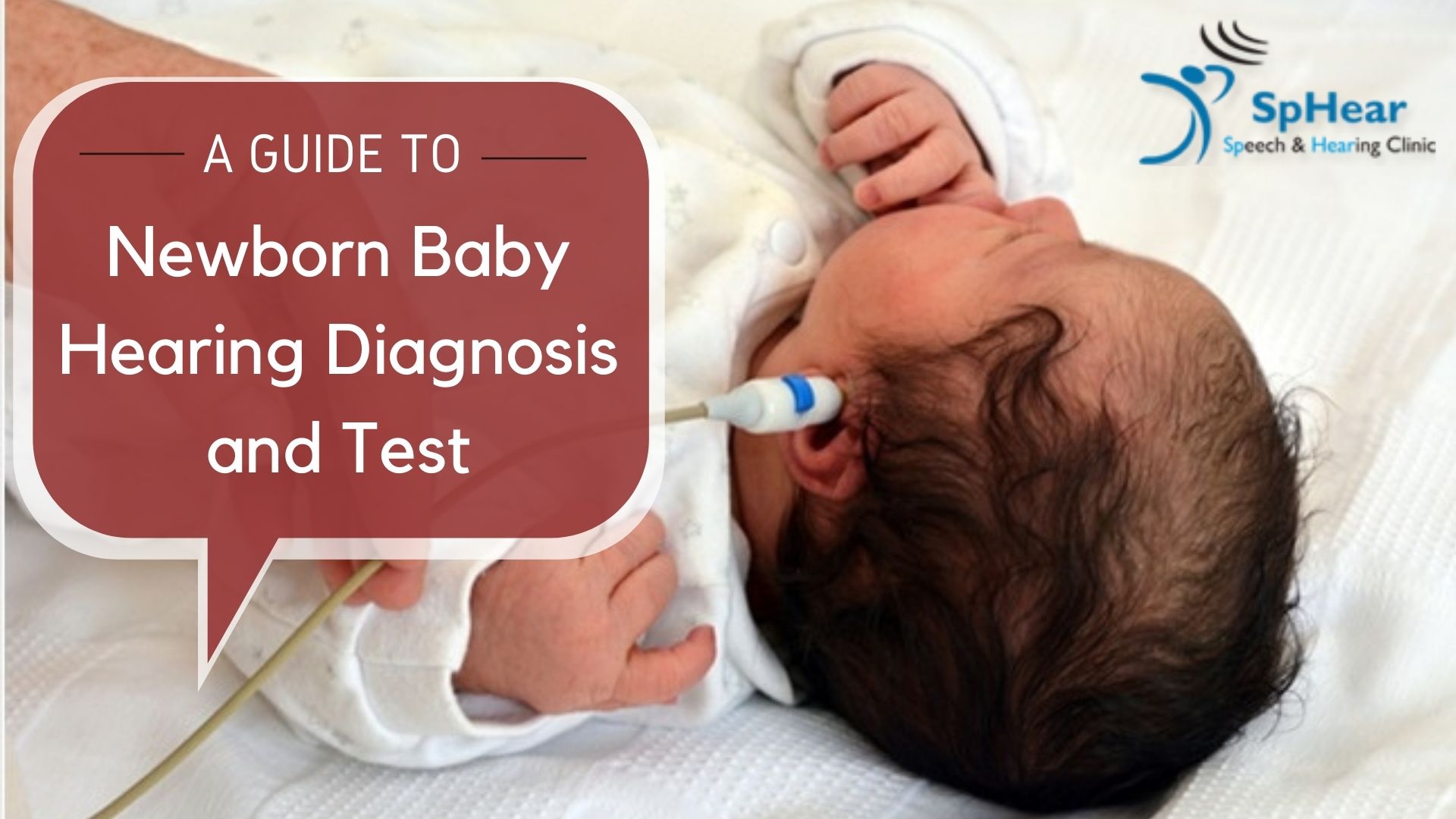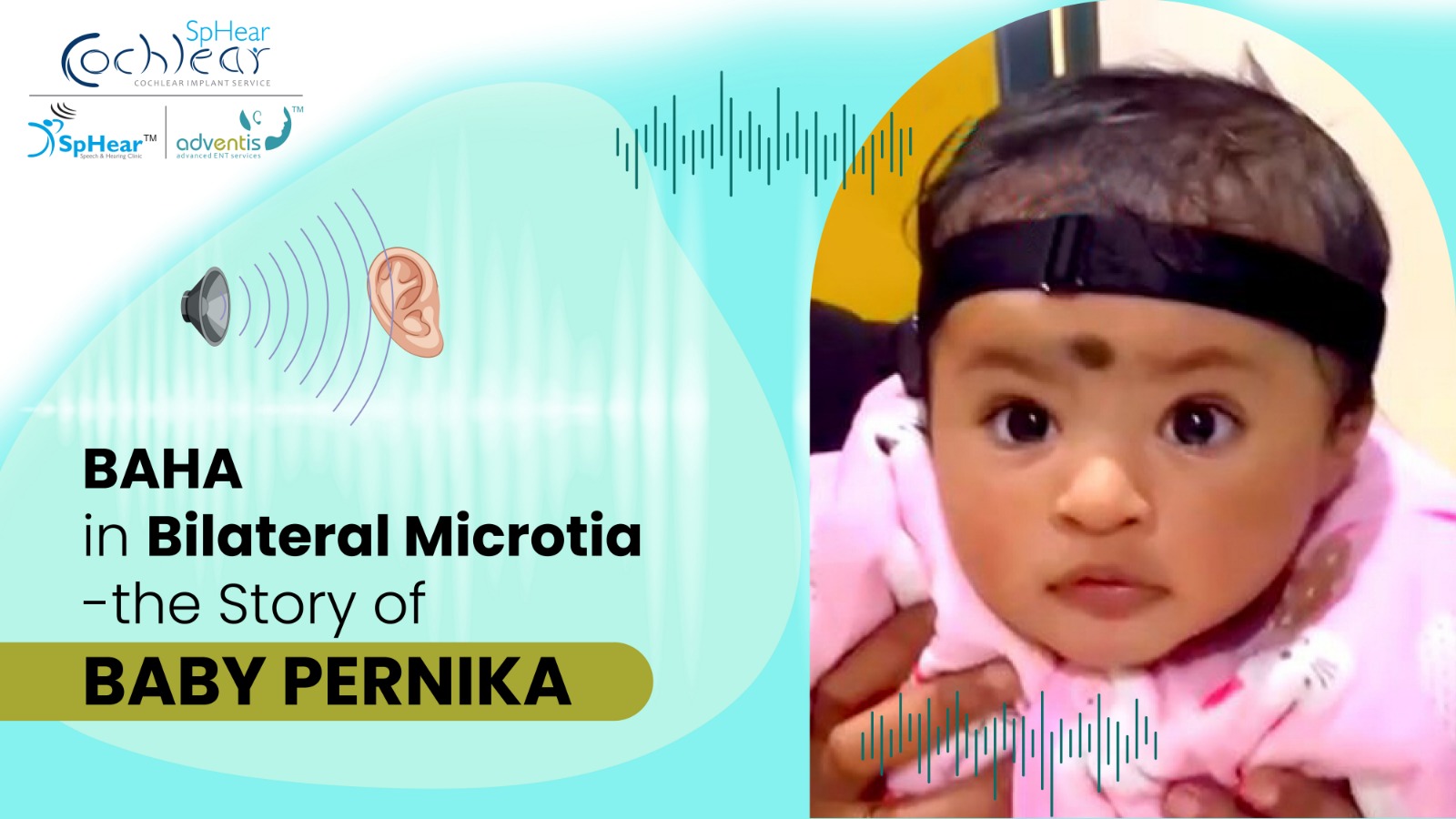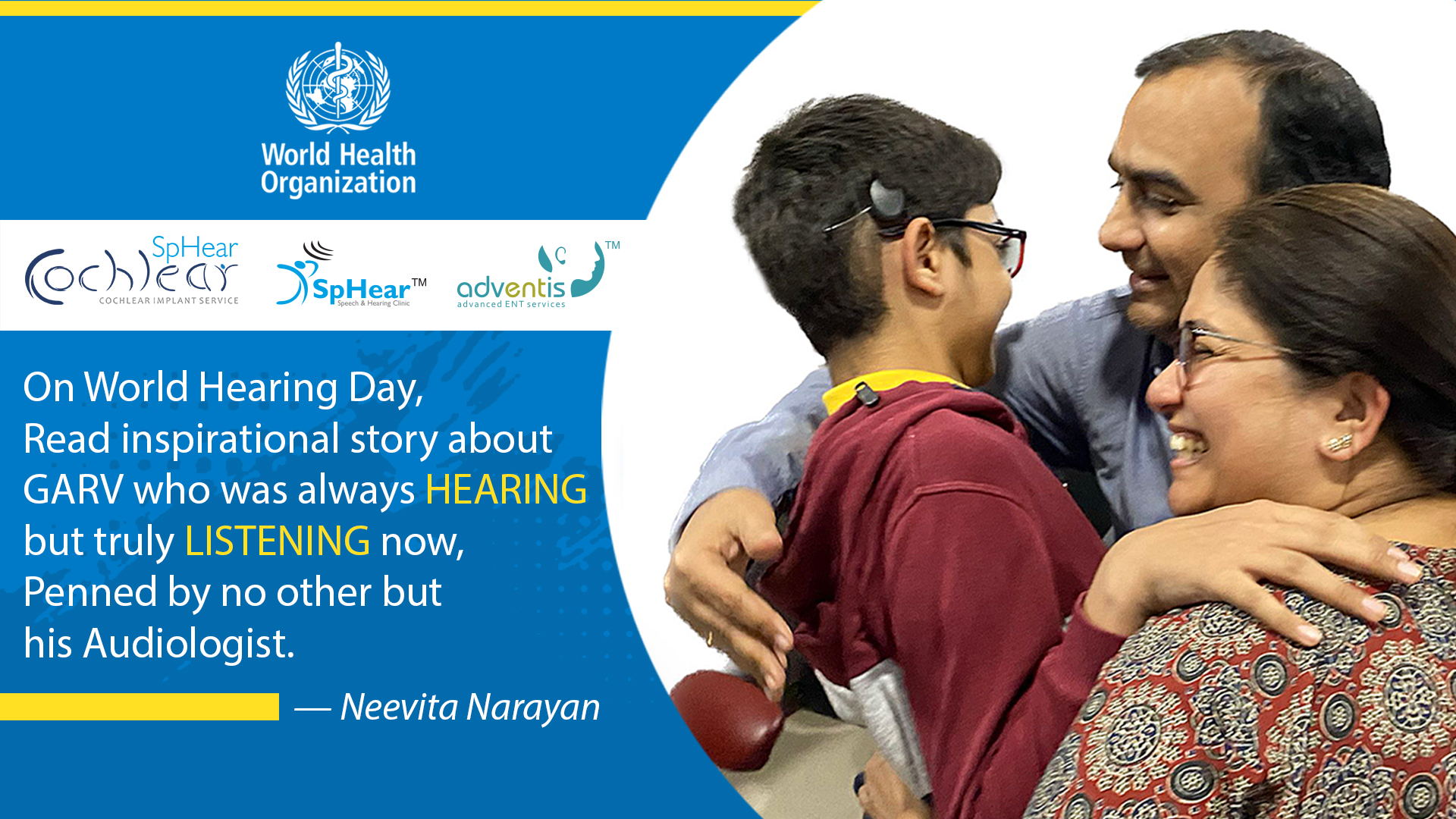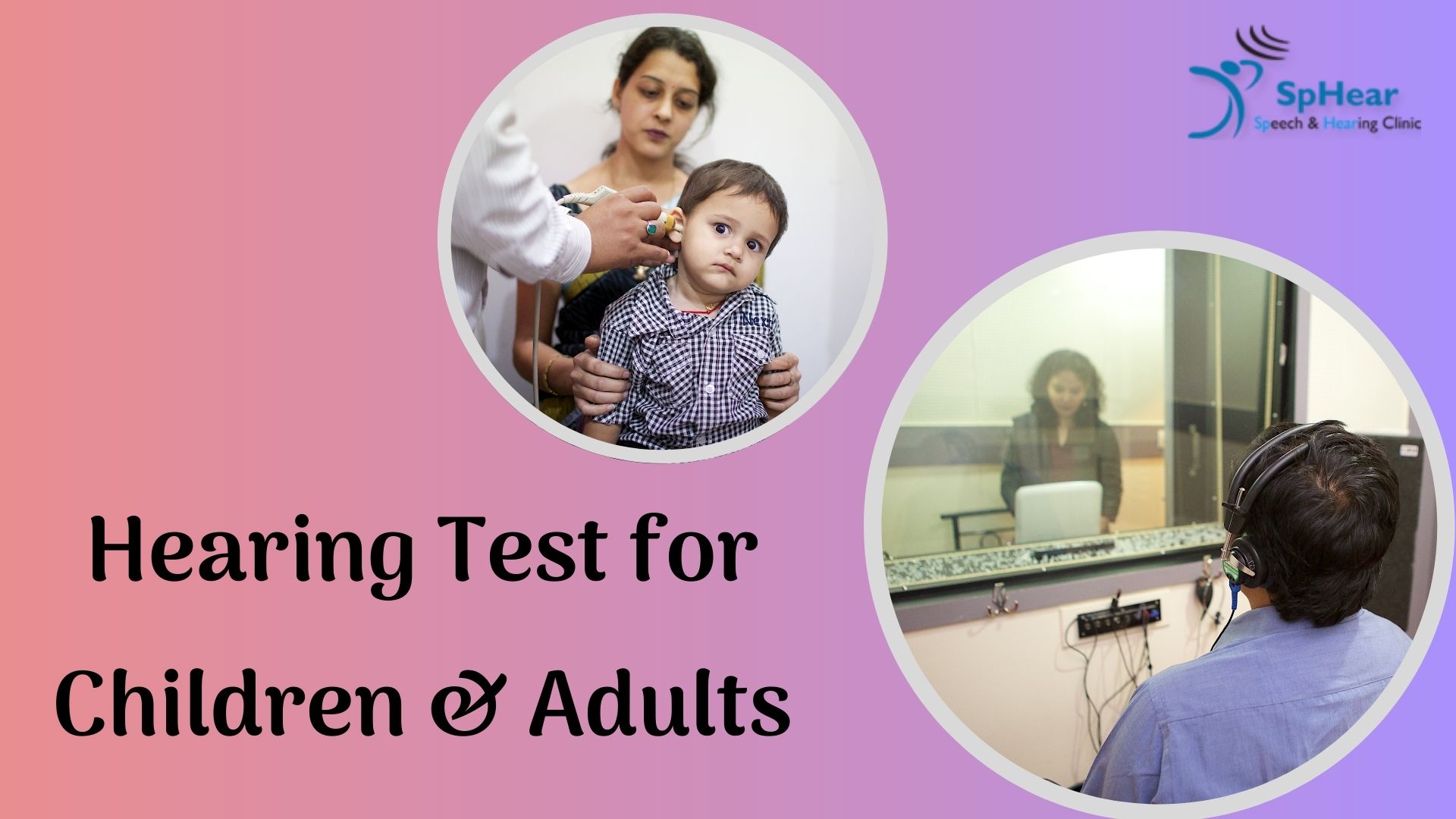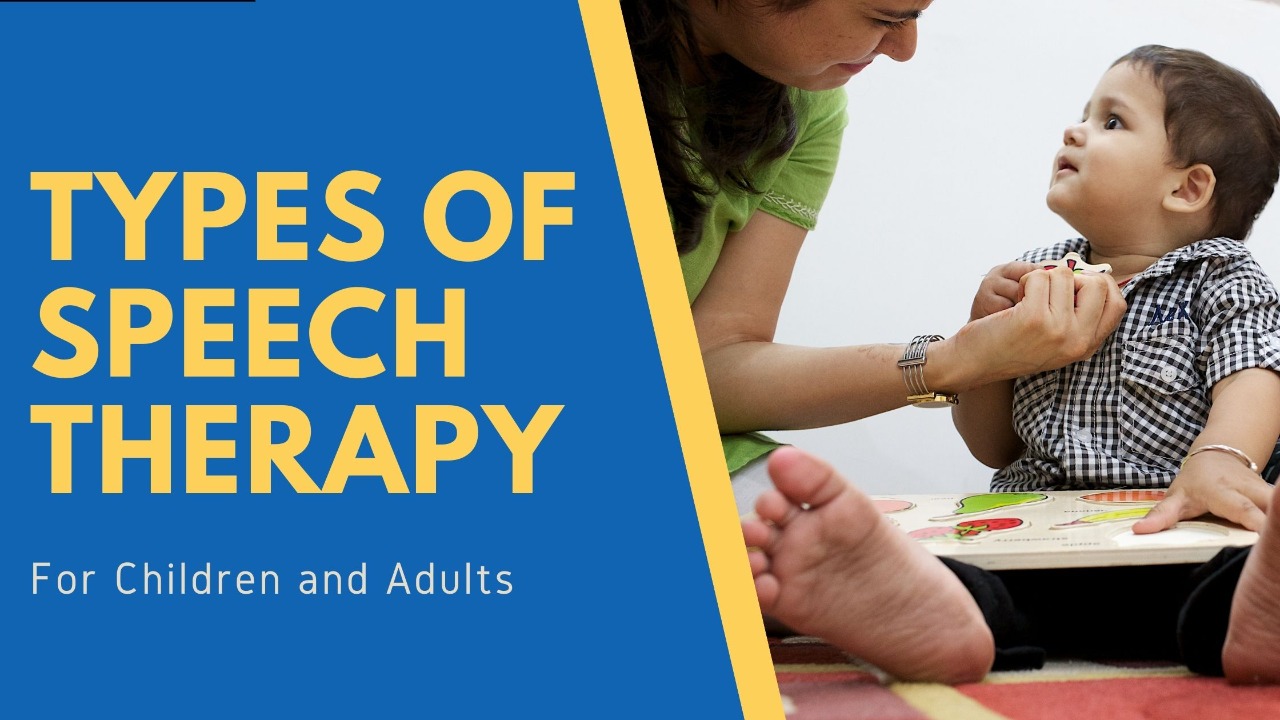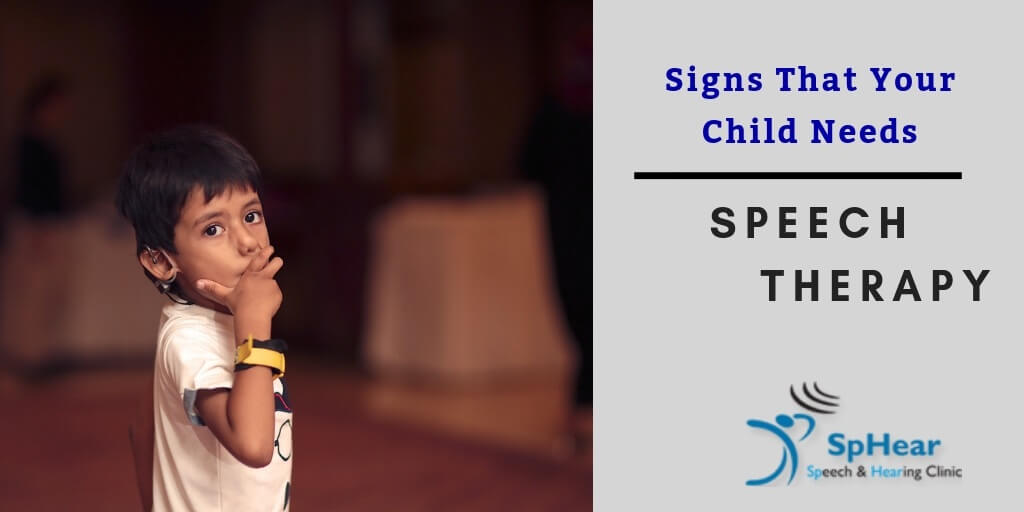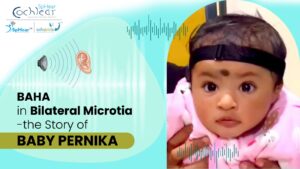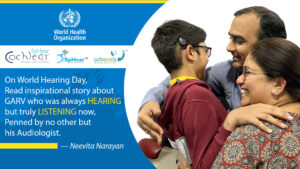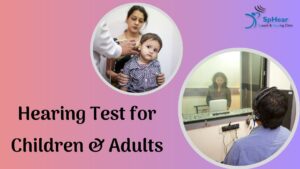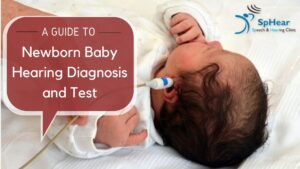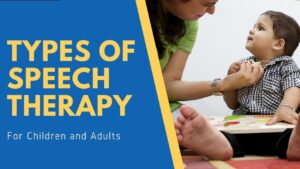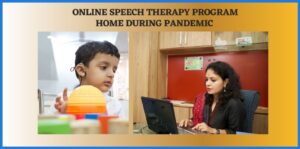When a baby is born it brings a bundle of joy for parents and family. This is the time when parents’ lives start to revolve around them. From the first day we work towards a goal to give them a quality life but if you come to know that the child has hearing loss and if diagnosed early could bring miracle treatment – will shatter you later.
Overview
When hearing loss occurs early in life, impacts a child’s speech and development. Even a mild hearing loss can impact the child’s life adversely in different areas that rely on the auditory input. The longer hearing loss goes undetected, the greater is the chance that the child will delay treatment. Such a development delay affects a child’s ability to develop communication, language, and social skills. The earlier children with hearing loss start getting services, the more likely they are to reach their full potential.
With the recent technology advancement, nowadays infants are screened for hearing loss just after 24 hours of birth. Let’s understand the significance of screening hearing loss in all newborn infants.
Why is it important to screen hearing loss in newborn babies?
The most crucial time for a child to develop language skills is in the first 3 years of life. This is the time when the brain develops and matures. In fact, children begin to learn speech and language in the first 6 months. This is why it is significant to screen hearing loss in newborn babies and start the early intervention. Several research suggests that children with hearing loss who get help early develop better speech and language skills than those who don’t.
Your baby hearing should be tested during the first month of life. If you haven’t tested your baby’s hearing, or if you haven’t been told the results of hearing screening, consult SpHear Speech and Hearing Clinic today. Fast action is crucial of the screening shows possible challenges.
Popular and Safe Hearing Test for Newborn
The two types of newborn hearing screening tests used to examine hearing in babies are OAE test and ABR test. Both of these hearing tests are safe and comfortable for newborn children. The test can be performed separately or together. Your audiologist decides the screening test based on the baby.
- Otoacoustic Emissions Test (OAEs)
The OAE test checks part of the inner ear’s response to sound. A miniature earphone or a microphone is placed in the ear. Then a sound stimulus is played and a response is measured by the microphone.
- Auditory Brainstem Response Test (ABR)
The ABR test is the most common way to diagnose hearing loss in newborn babies. The test is used to study how the auditory nerve and brain stem respond to sound. To perform the test, the pathologist places small earphones and electrodes on the baby’s head. It is a safe and non-invasive technique to diagnose hearing loss in newborn baby’s. The electrodes pick up responses from the auditory nerve and the computer measures the response to identify hearing loss in babies.
What to do if your baby’s hearing screening reveals a problem?
If the result for newborn hearing screening reveals the problem you must consider an appointment with a pediatric audiologist. An audiologist at SpHear Clinic specializes in the assessment and management of a child’s hearing loss. This follow-up multiple hearing tests to reassure the problem, causes, and severity.
If the follow-up examination confirms that the child has hearing loss, ask your audiologist for the best possible treatment. Depending on your baby’s hearing loss and communication needs, your audiologist will possibly recommend the medication, devices, tools, etc to maximize their hearing potential.
Conclusion
Hearing loss can affect a child’s ability to develop communication, language, and social skills. The earlier children with hearing loss start getting services, the more likely they are to reach their full potential. Timing is everything. The sooner the hearing problem is identified, the earlier you’ll be able to treat the cause. Talk to us if you have any concerns about your child’s hearing.
